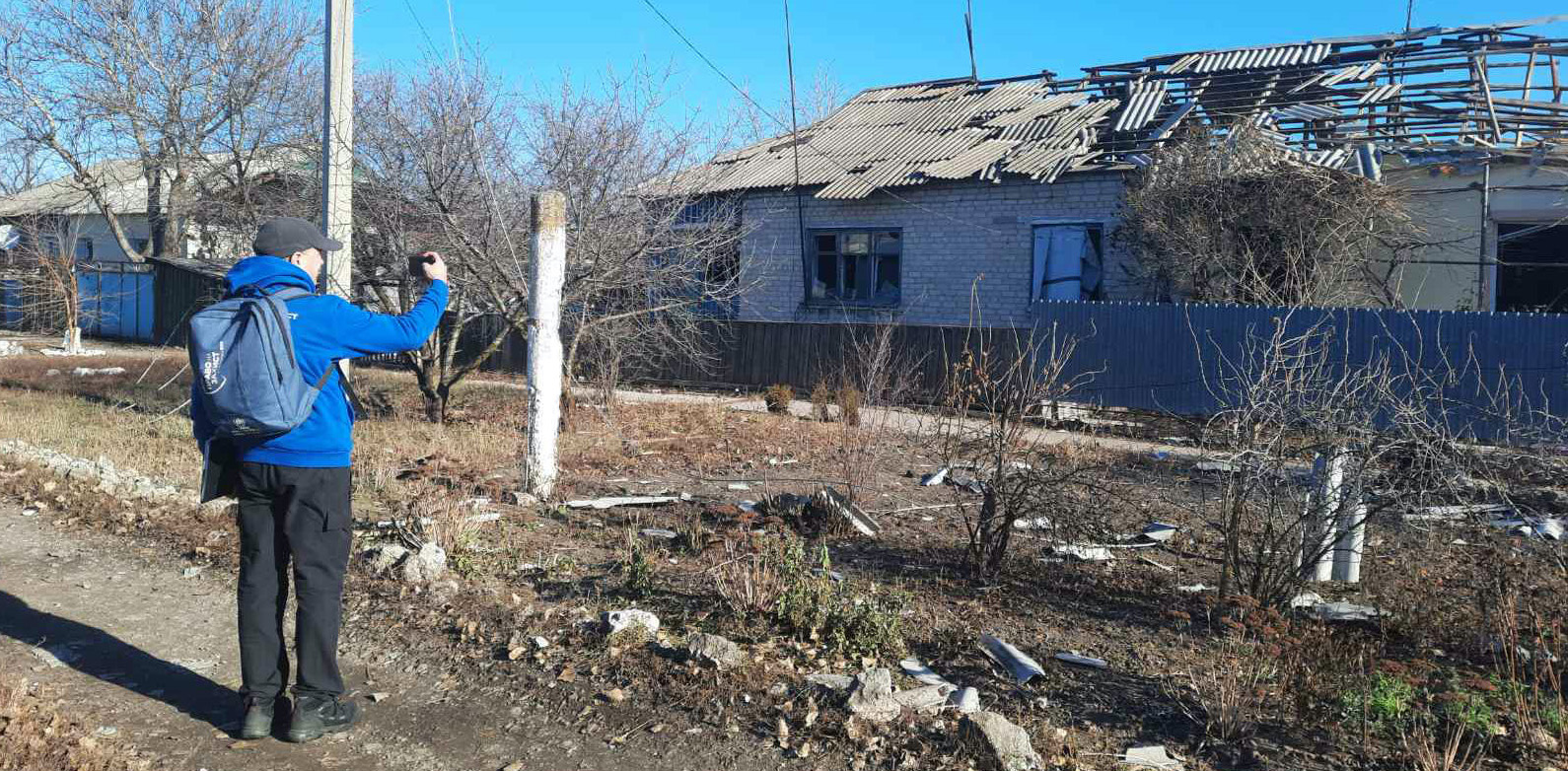Europe’s Contested Peripheries: Zooming into the Donbas’ post-Soviet Sociohistorical Downward Spiral into a Lived Dystopia of Protracted War for Territory and Memory
Doctoral Researcher
Elen Budinova

Historically nested within Europe’s open steppe Eastern frontier amidst multi-vectored cultural transfers, but also numerous fault lines of nomadic invasions and competing hegemonic interests, the Donbas encompasses a Russo-Ukrainian borderland located mostly in Ukraine. It was heavily industrialized and urbanized starting with the endeavors of settlers of international origin during late Russian imperial rule. Seven years ago, its entangled history turned a new dark page – it metamorphosed into a stage of protracted war and massive displacement, with the emergence of two separatist entities in the region tearing local social fabrics apart.
This project offers a socio-historical portrayal of the post-Soviet Donbas, enabling the reader to immerse themselves into the local context of regional borderland self-identification patterns that escape any generic divisions across ethnic lines and allude to a common labor culture overshadowed by thwarted transition, coupled with vulnerable institutional architecture due to systematic power abuses by opportunistic political clans predominantly leaning on superior Russian patronage. Tracing the local resonance of the chronically inadequate alternative leverages of the EU and NATO, and post-Soviet Ukrainian nation-building platforms, informed by overall socially inclusive civic frames, the project will also debunk their discursive demonization in separatist narratives.
Scrutinizing multilevel dynamics behind the region’s descent into protracted war, with particular attention paid to the roles of local actors and the Kremlin, the interdisciplinary focus of this work falls on the crystallization of dystopic lived realities. Violence as a superior polarizing force, multidirectional Othering processes, and the literal collapse of time in a cacophony of separatist propaganda shaping distorted versions of the past constitute the backbones of this analysis. The constant separatist oscillation between misused historical myths in the realms of ‘chosen traumas’ and ‘chosen glories’ – both sublimed into instrumentalized Soviet nostalgia and Russian imperial legacy – will be critically discussed. In a comparative outlook, especially regarding Transnistria, other scenarios of breakaway areas succumbing to the no-war-no-peace limbo of delusionary ‘frozen’ conflicts in Europe’s Eastern periphery will also be further elaborated on.